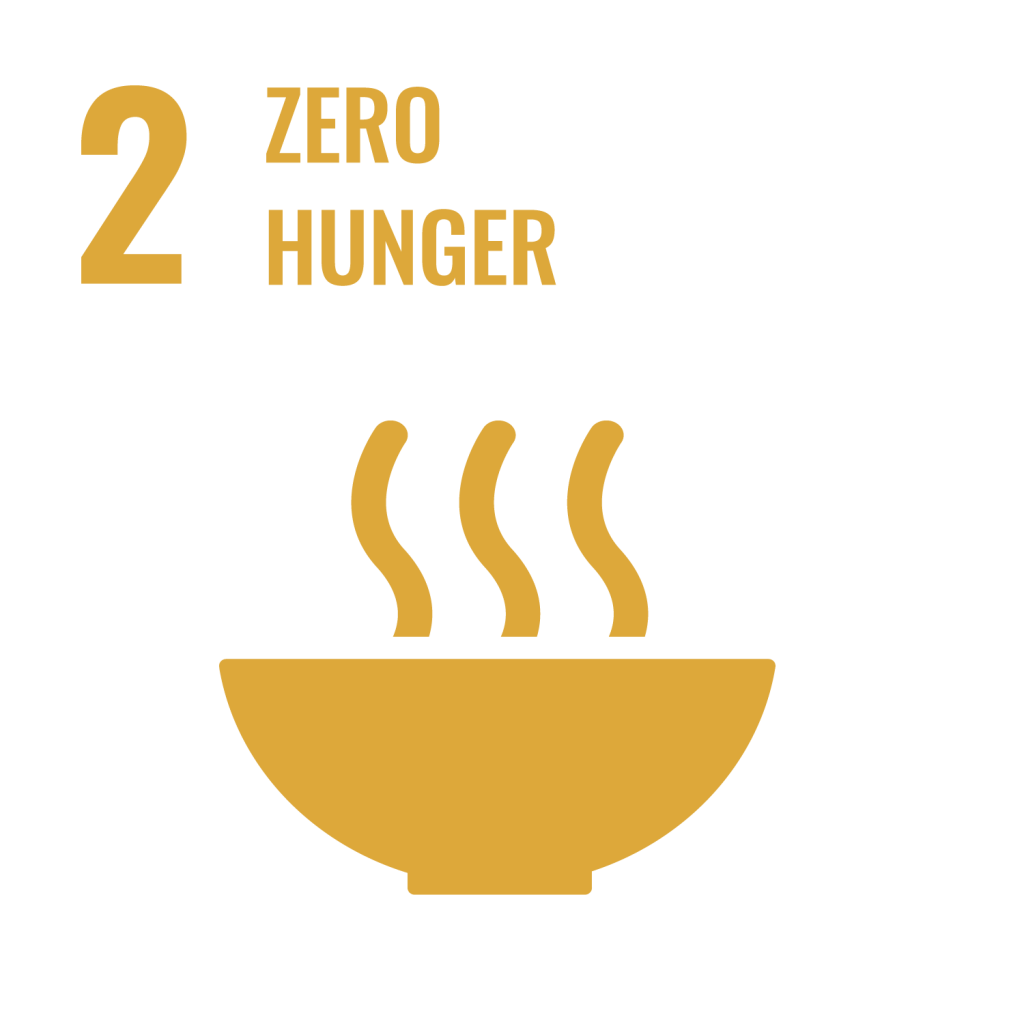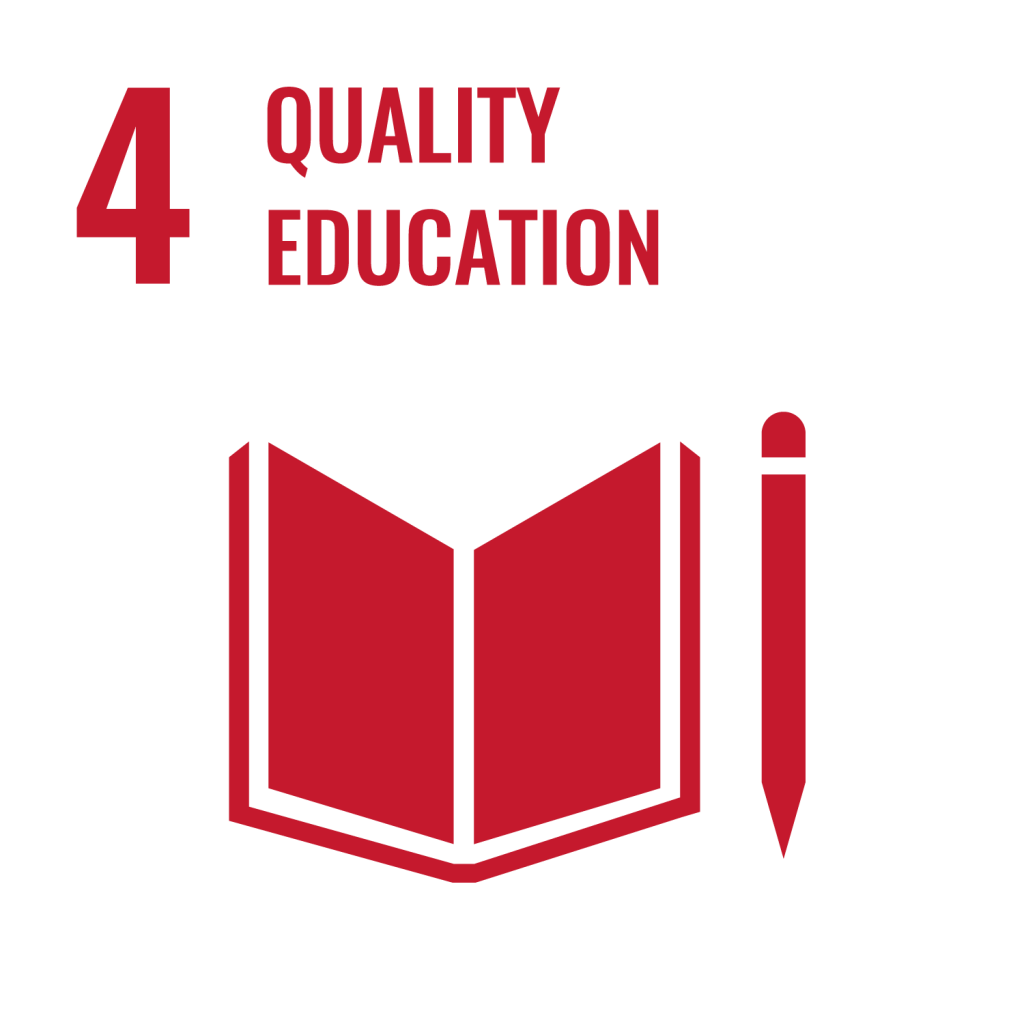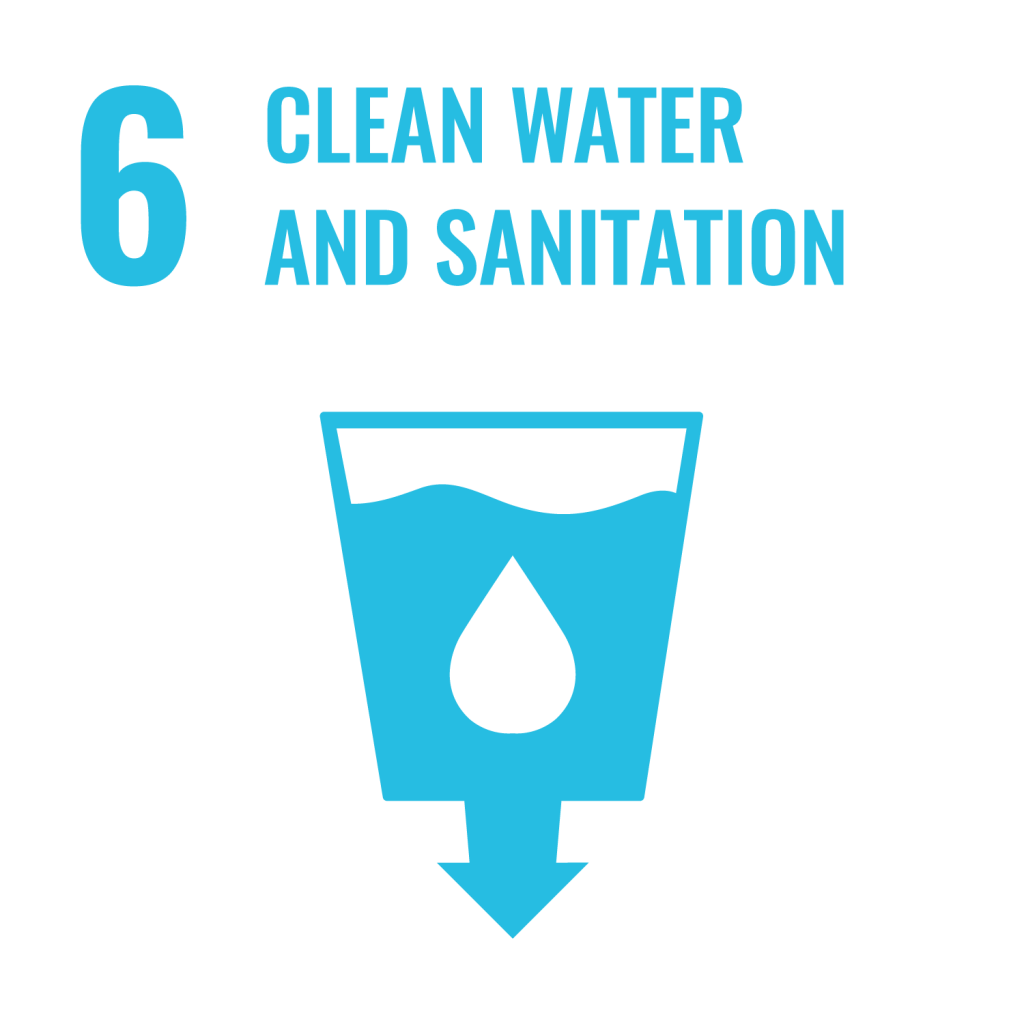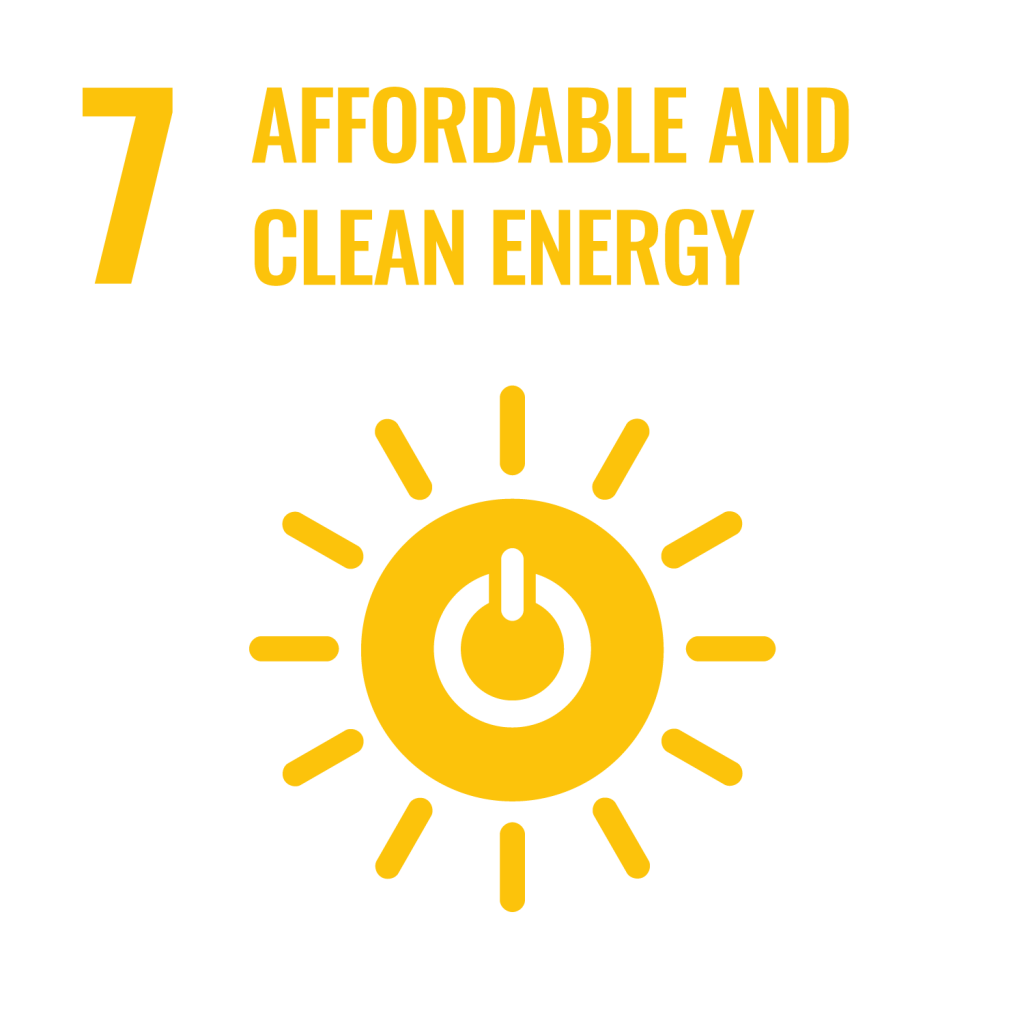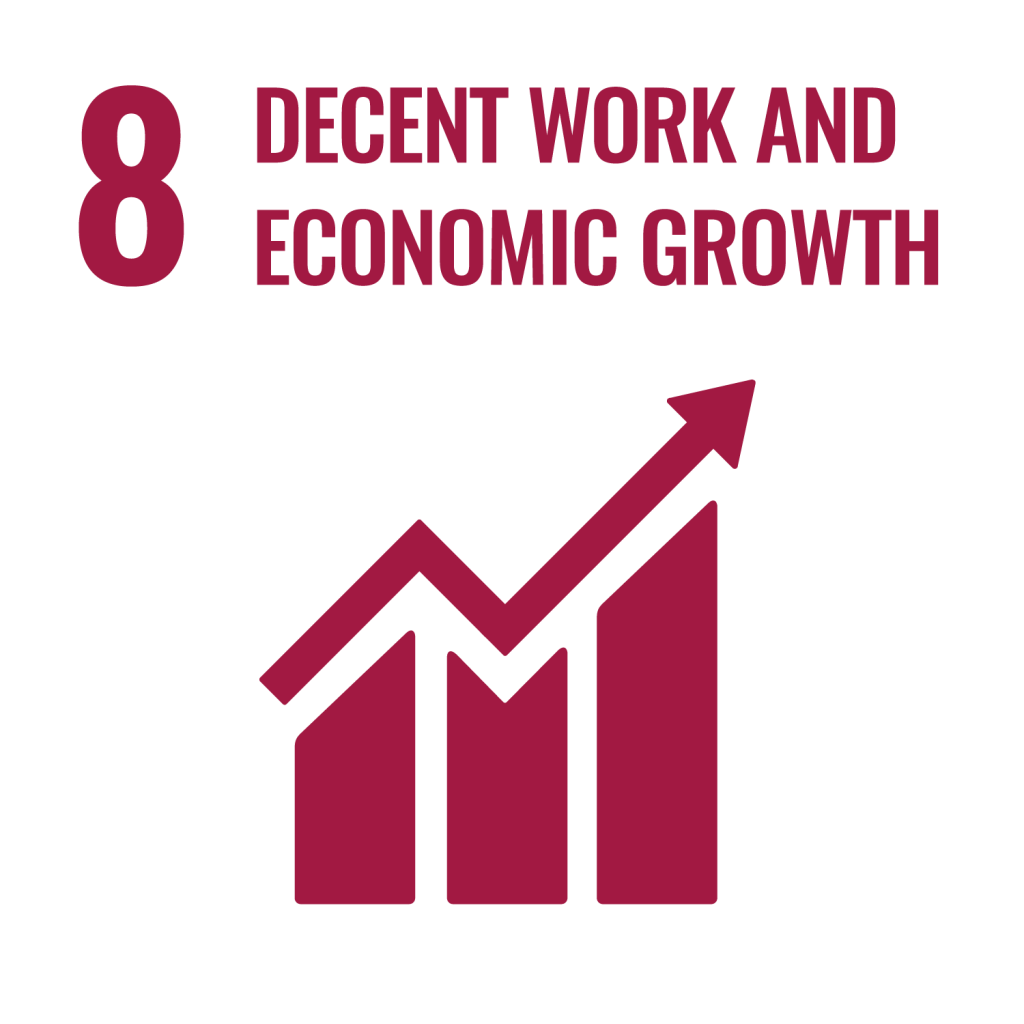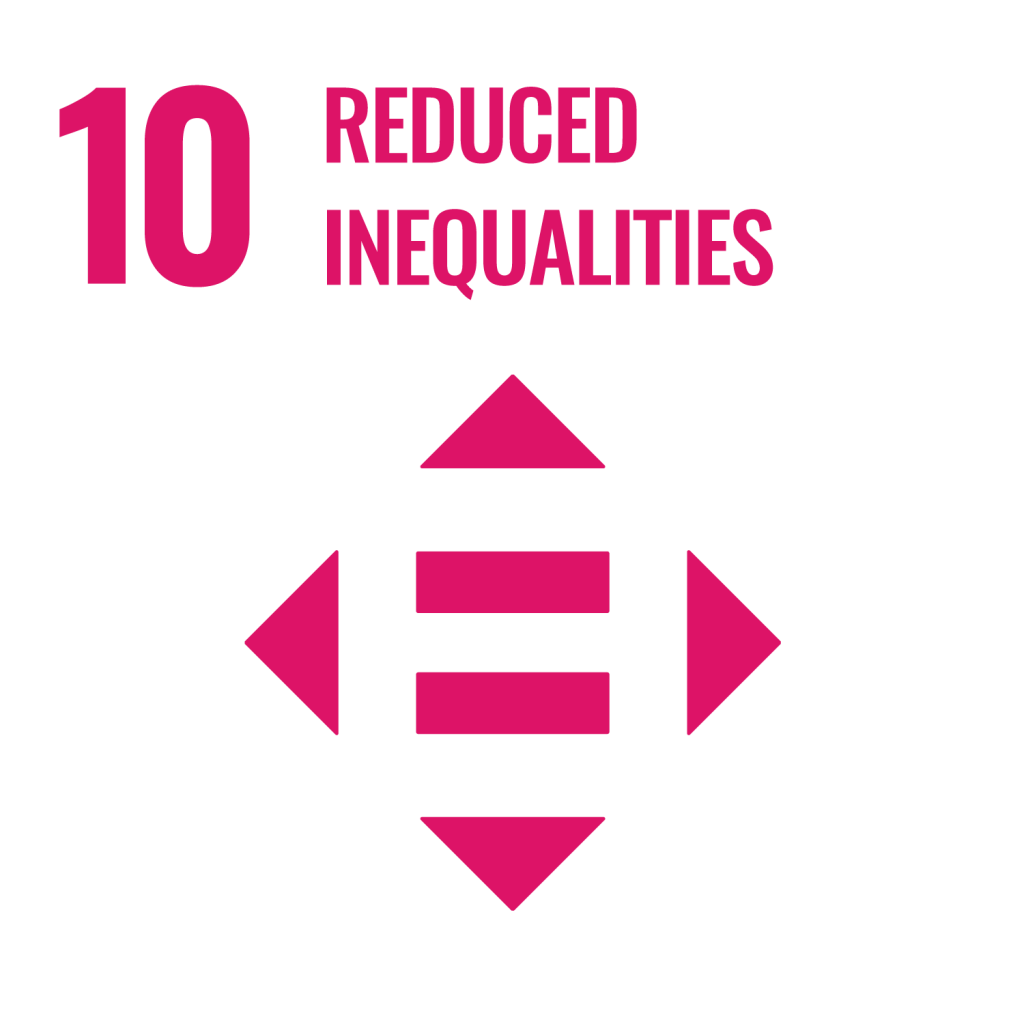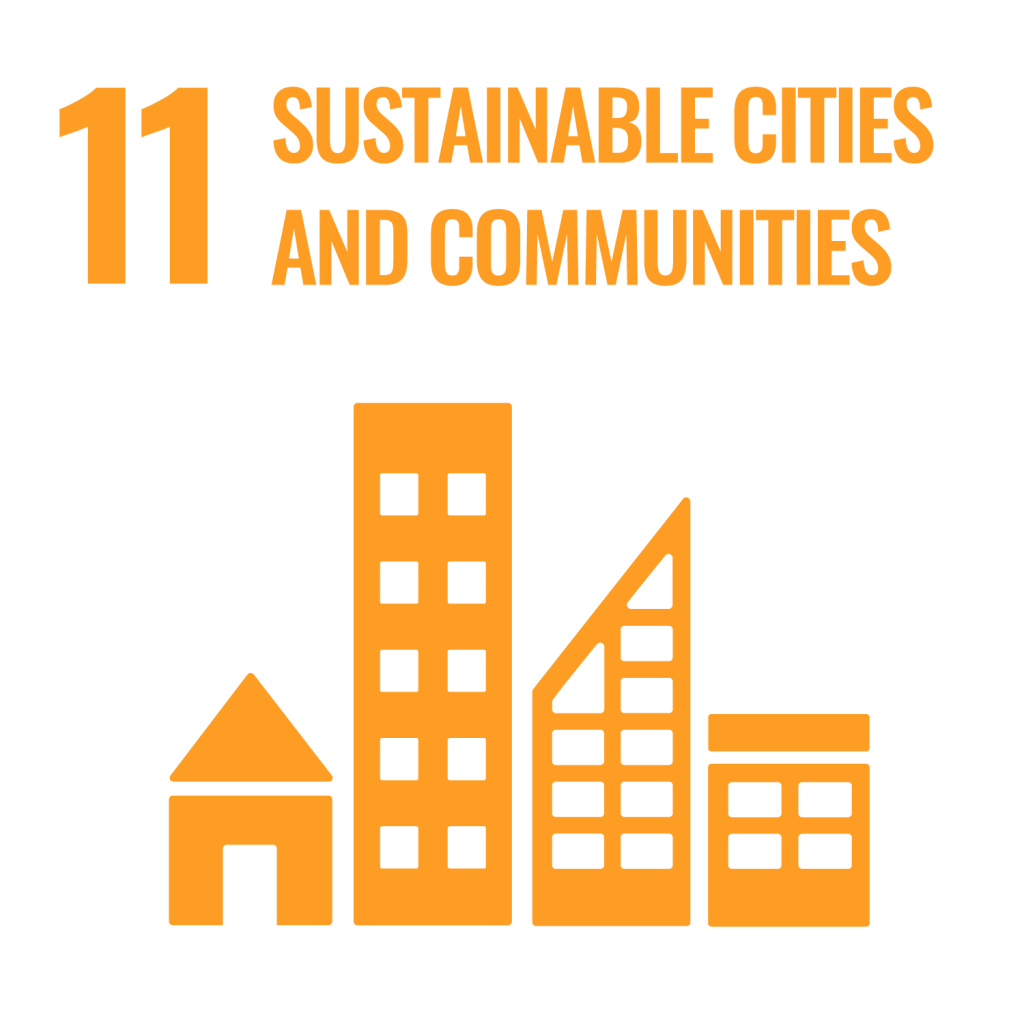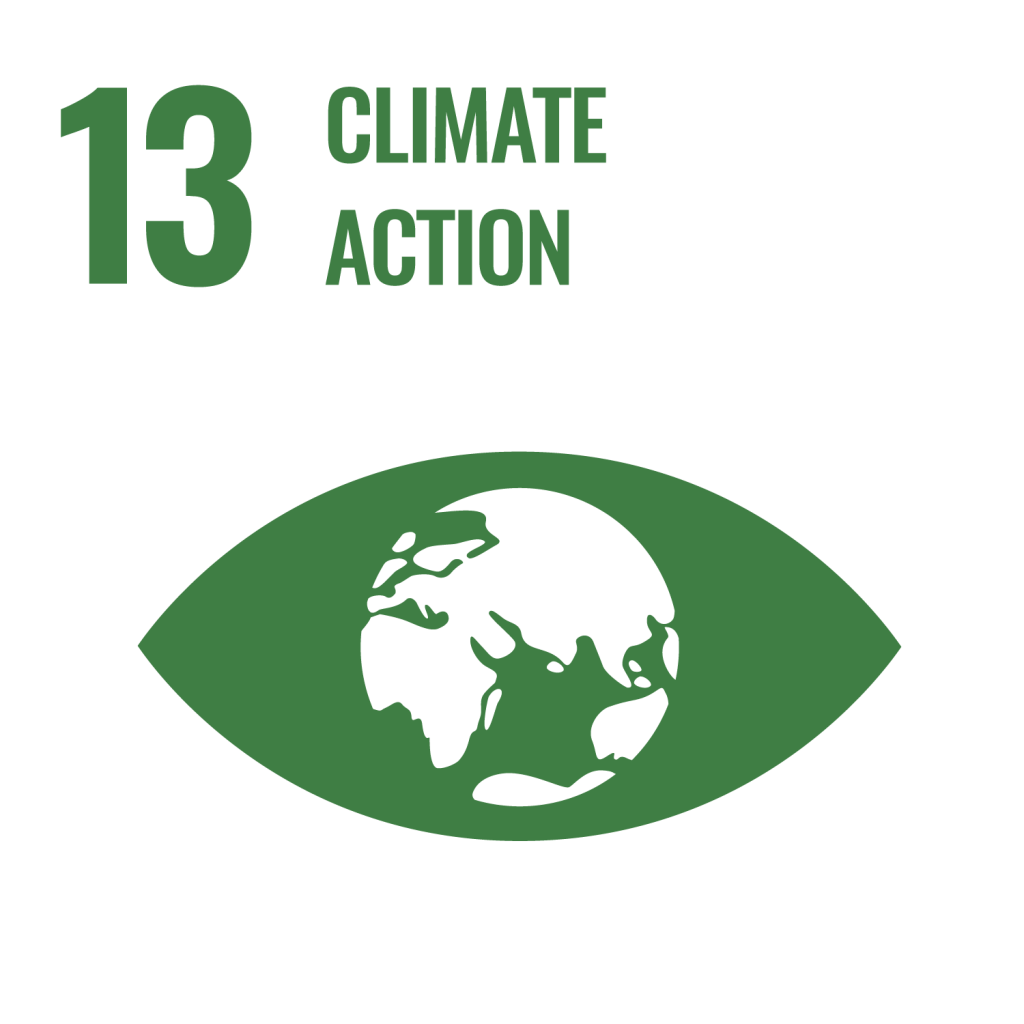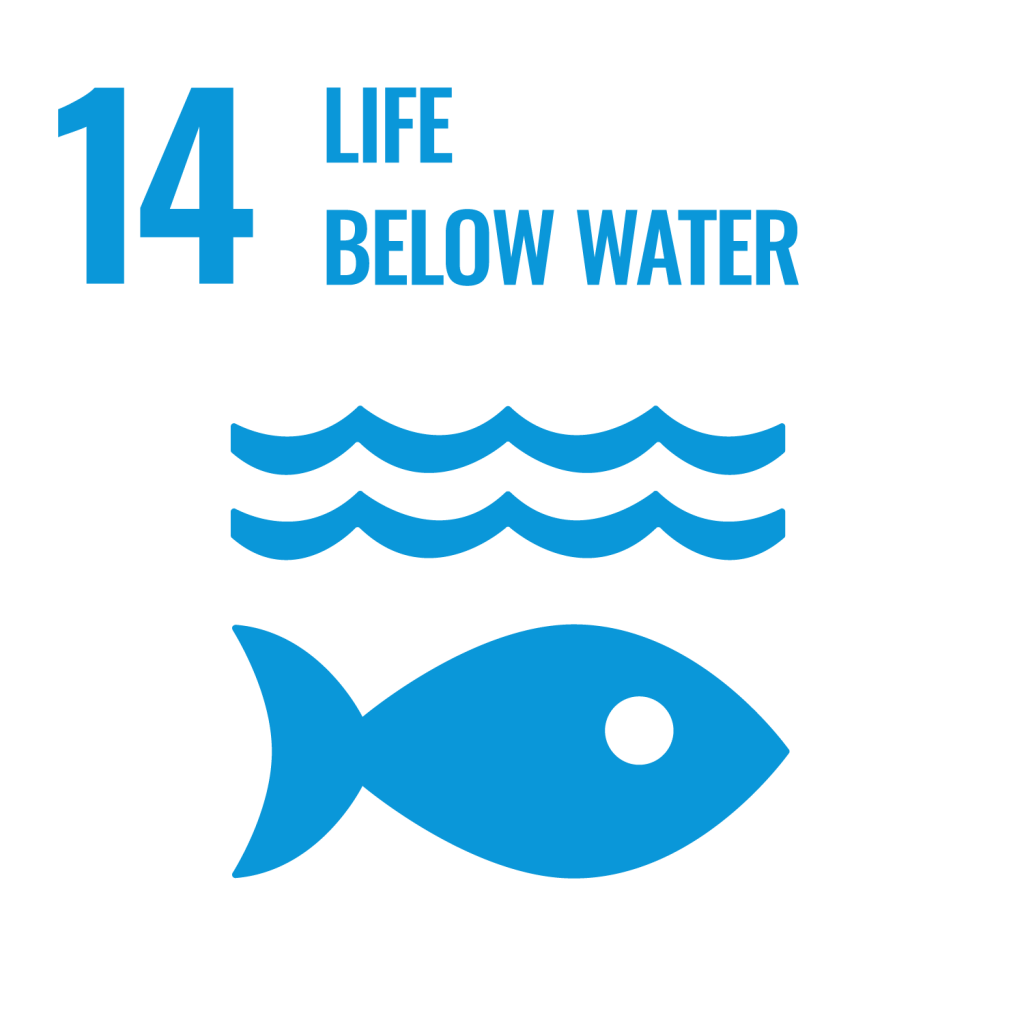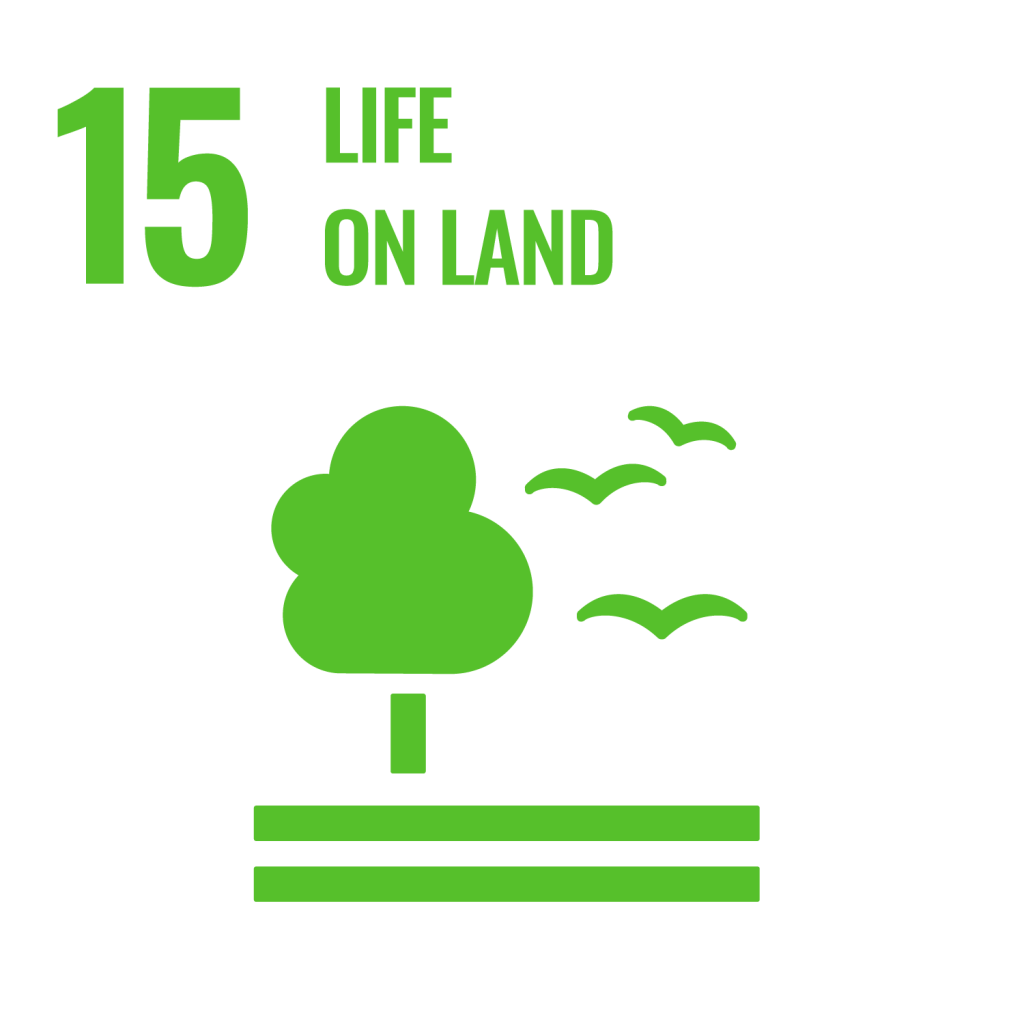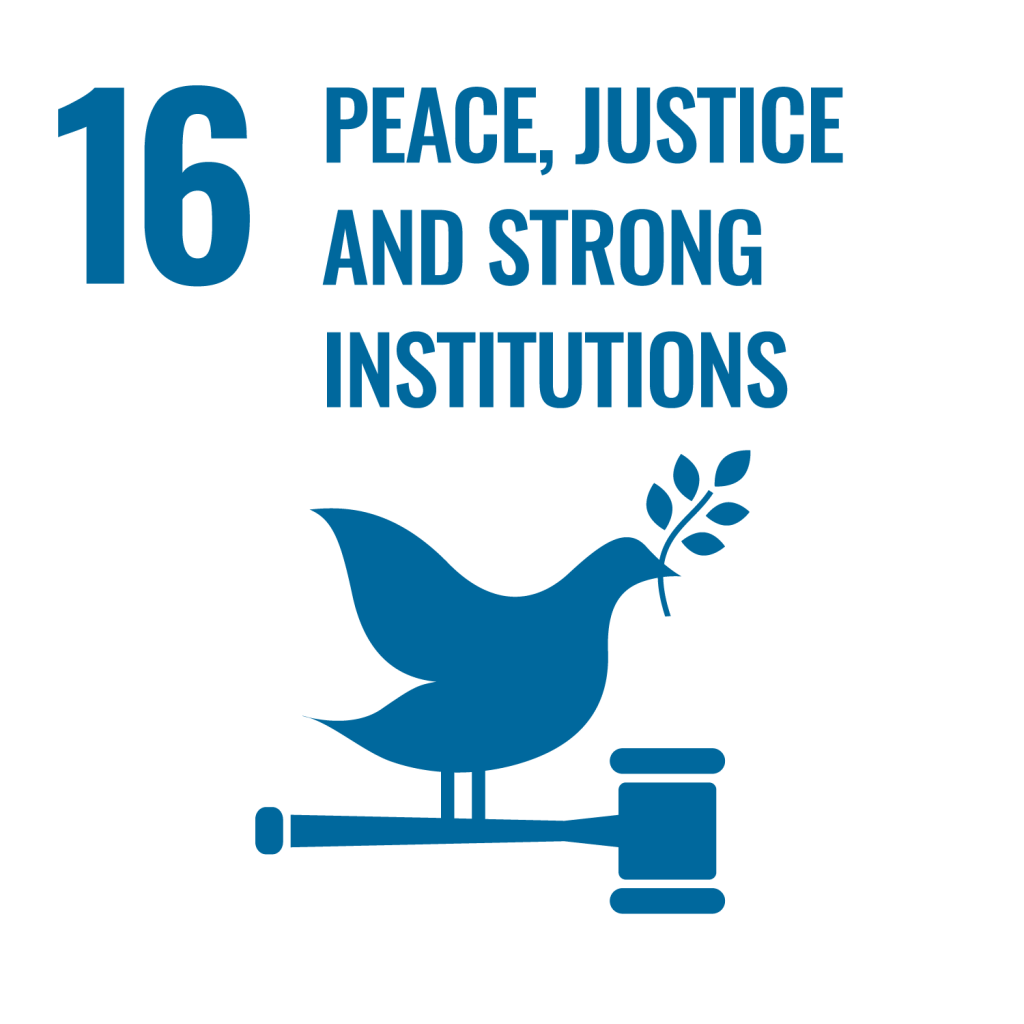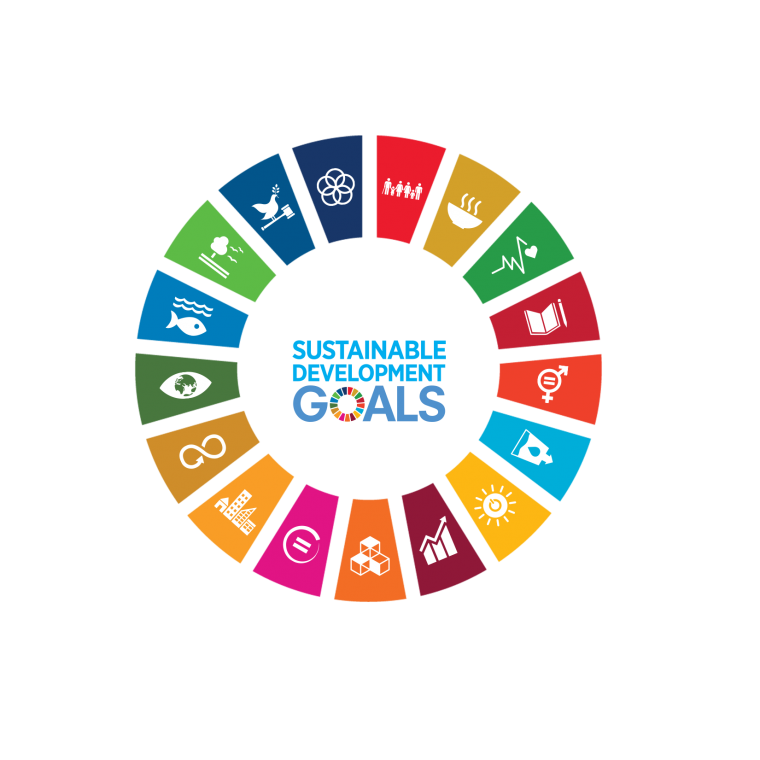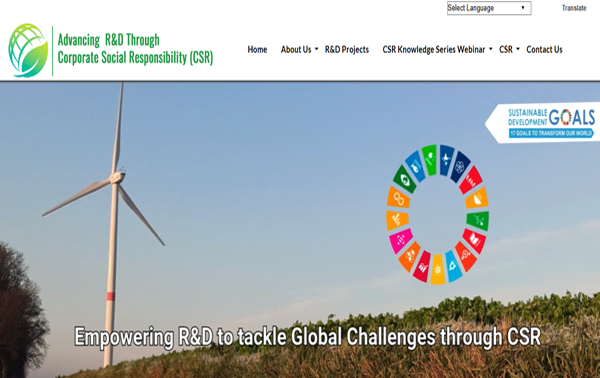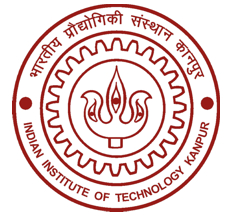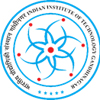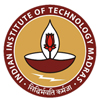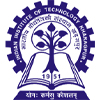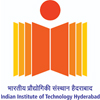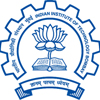
Connecting CSR and R&D for a Sustainable Future
At a glance
Advancing R&D through Corporate Social Responsibility (CSR) project has brought more than 150 public funded laboratories on one platform who are now networking with the industry for CSR funds. The project in association with the knowledge partners has helped laboratories hone their strategy and programs through knowledge, advisory and implementation support. Snapshot of our work since the inception of the project is as follows:-
1
+
Years
150
+
Research Organizations
125
+
Projects Submitted
13
+
CSR knowledge series webinar
The Guiding Principles
CSR funds for R&D shall be for activities included in Schedule VII of Section 135 of the Companies Act, 2013. All the activities /cause identified for Research and Development/ implementation shall be in consonance with Schedule VII of the Companies Act and related to 17 SDG’s and 169 metrics of the UN Sustainable Development Goals.
Together towards a sustainable world with opportunity for all
Our Work
At the heart of our work lies the philosophy of increasing private-sector financing in India’s Research & Development ecosystem. The project aims to undertake societal impactful R&D projects aligned to any of the 17 Sustainable Development Goals (SDG’s) with CSR funds from the industry. Our work is an attempt to improve the R&D expenditure in the country with the help of industry. Impact is everybody's business and we work together to ensure that it is a net positive outcome for the world.
Participating Institutes
Knowledge Partners
Driving towards Strategic CSR







